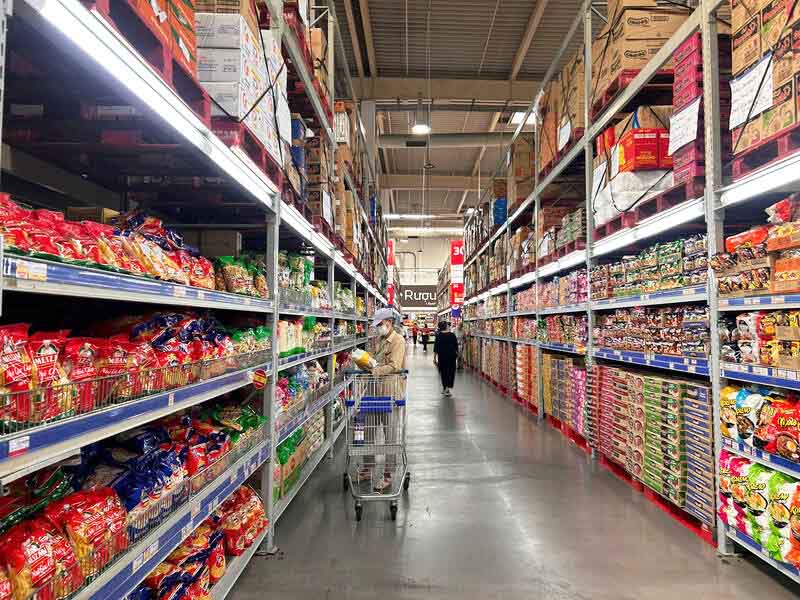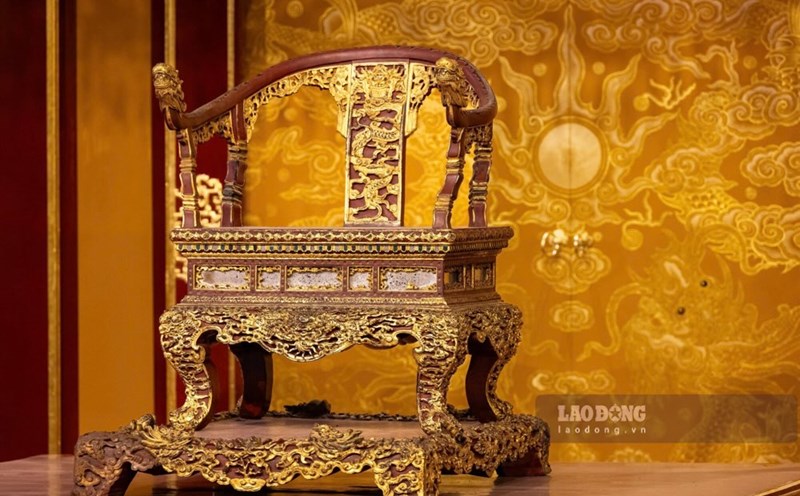Digital transformation, green products - a direction for modern businesses
In Ho Chi Minh City, many businesses have quickly adapted to new consumer trends, invested in digital transformation, and developed environmentally friendly products. However, to make a stronger breakthrough, businesses still need more motivation from policies.
According to Mr. Nguyen Anh Duc - Chairman of the Vietnam Association of Retailers, domestic consumption behavior is having clear changes. People are now spending more selectively due to the impact of economic difficulties, but at the same time, they are willing to spend more on green, clean, and healthy products.
This is a positive signal, opening up great opportunities for businesses to innovate product lines and position their brands towards sustainable development. However, digital transformation and artificial intelligence (AI) are being mentioned continuously as inevitable trends, but in reality, many domestic enterprises are still struggling.
Sharing the same view, Mr. Tran Van Chin - Chairman of the B2B AROBID E-commerce Exchange, said that digital transformation is an important lever to help businesses expand the market, optimize costs and increase business efficiency. With the digital exhibition model on the B2B e-commerce platform deployed by AROBID, businesses can display products, interact and sign contracts directly on the digital platform, instead of having to organize traditional fairs and seminars.
When the business community participates on the B2B platform, it will not only be easy to access the domestic market, but it can also be exported more proactively and professionally. This is a very effective tool to promote internal strength" - Mr. Chin shared.

Increasing endogenous capacity, regional linkages
Mr. Bui Ta Hoang Vu - Director of Ho Chi Minh City Department of Industry and Trade said that it is necessary to promote the exploitation of the advantages of the domestic market, 100 million people with increasing purchasing power are large markets. Over the past few years, many businesses of the city have proactively renovated, supplying quality products, accounting for growing proportion in the domestic market. This shows that the exploitation of the domestic market is on the right track and has a clear strategy.
We need to continue to improve endogenous capacity in the context of favorable conditions from policies, especially the four resolutions to create a foundation for the private economy, businesses and technological innovation - Mr. Vu emphasized.
In addition, Mr. Vu also emphasized the role of regional linkages, from raw material areas to consumption markets. He said that in the near future, when Ho Chi Minh City is merged with Binh Duong and Ba Ria - Vung Tau, the development space for businesses will be expanded in terms of production, logistics and trade. This is strategic, helping businesses not only stand firm in the domestic market but also easily enter the international market.
From a research perspective, Mr. Pham Binh An - Deputy Director of the Ho Chi Minh City Institute for Development Studies - said that businesses need to be supported with preferential credit, stimulate domestic consumption, refund taxes, upgrade transport infrastructure, and especially reduce administrative procedures.
In addition, businesses need to proactively reposition the market, classify exports into areas such as the high- protection market (US, EU), potential market (India, Middle East, Africa) or the corridor market - where there is a small capacity but high added value.










